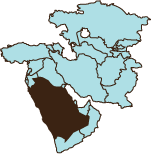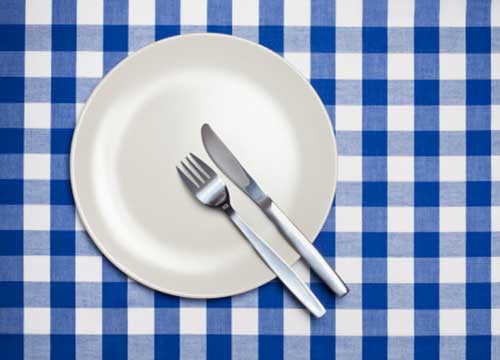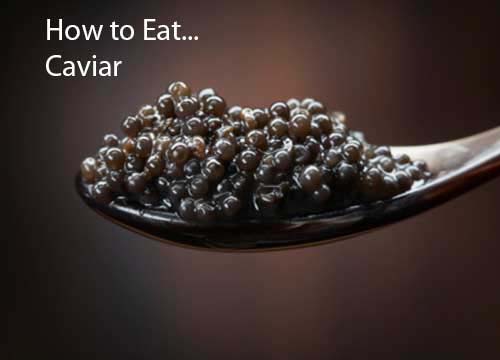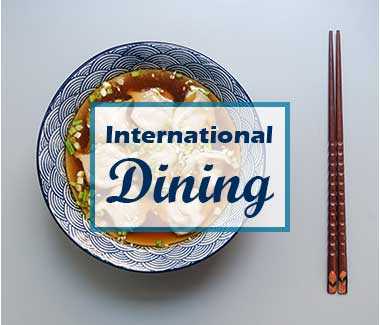Saudi Arabia Etiquette
international dining etiquette
Dining etiquette and religious laws. Do not use alcohol or pork in any dishes need it.
Dining etiquette for toasts. An appropriate toast is to the health of the host and all those present, and to the prosperity of the business under discussion.
table manners
Before meals, as the food is served, guests say, "Sahtain" (the equivalent of "bon appetit"), or "Bismillah" (In the name of God); when the meal is over, guests should also say, "Daimah" (""may there always be plenty at your table").
Dining etiquette for utensils. Throughout the region, people use spoons, forks, and knives, if necessary, or no utensils at all. Since the spoon is more important than the fork, if you are right-handed, keep the spoon in the right hand, and put it down to switch to the fork if and when you need it. Never use your left hand for eating, especially if you are eating directly with your hands.
Dining etiquette for using your hands. Wash your hands before you sit down to eat. Many restaurants have washrooms and sinks out in the open specifically for this purpose. You will also need to wash your hands again at the end of the meal. Use your right hand when picking up and eating food: never your left hand. Keep your left hand at your side. Do not place your left hand on the table, and do not pass food with your left hand.
Pork will typically not be on the menu.
Alcohol will usually not be served with the meal.
Men and women may be asked to dine separately.
If men and women are dining together, women should not directly touch food that is being served to a Muslim male, other than those who are her immediate relatives.
Dining etiquette for seating. The most honored position is in the middle of the table, with the second most important person, or the honored guest seated next to the head of the table.
Dining etiquette for spouses. Spouses are usually not invited to business meals in restaurants. Do not ask if your spouse can join you. However, your spouse might be invited to a meal at home
Dining etiquette in restaurants. The honored guest is served first, then the oldest male, then the rest of the men, then children, and finally women. Do not begin to eat or drink until the oldest man at the table has been served and has begun. At the end of the meal, it is appropriate to thank the host or hostess for a wonderful meal.
Dining etiquette in the home. When invited to a colleague's home for a formal meal, you will be invited to sit anywhere you like at the table; resist the impulse to sit down, and wait until your host gives you further instructions. These will generally come after the host or oldest man is seated, and often you will be placed at his side. You may need to remove your shoes. Always allow the more senior members of your party to enter the room ahead of you.
Dining etiquette for paying the bill. Usually the one who does the inviting pays the bill. Sometimes other circumstances determine the payee (such as rank).
Dining etiquette for tipping. Tipping is universally required throughout the Arab world. Tips in restaurants run about 10 percent.

related:
middle eastern dining etiquette

Our resting utensils etiquette section covers the rules (american and continental) for resting your utensils when taking a break from eating, when you are finished eating, and when you are passing food [...]
Read More



-clean.jpg)
